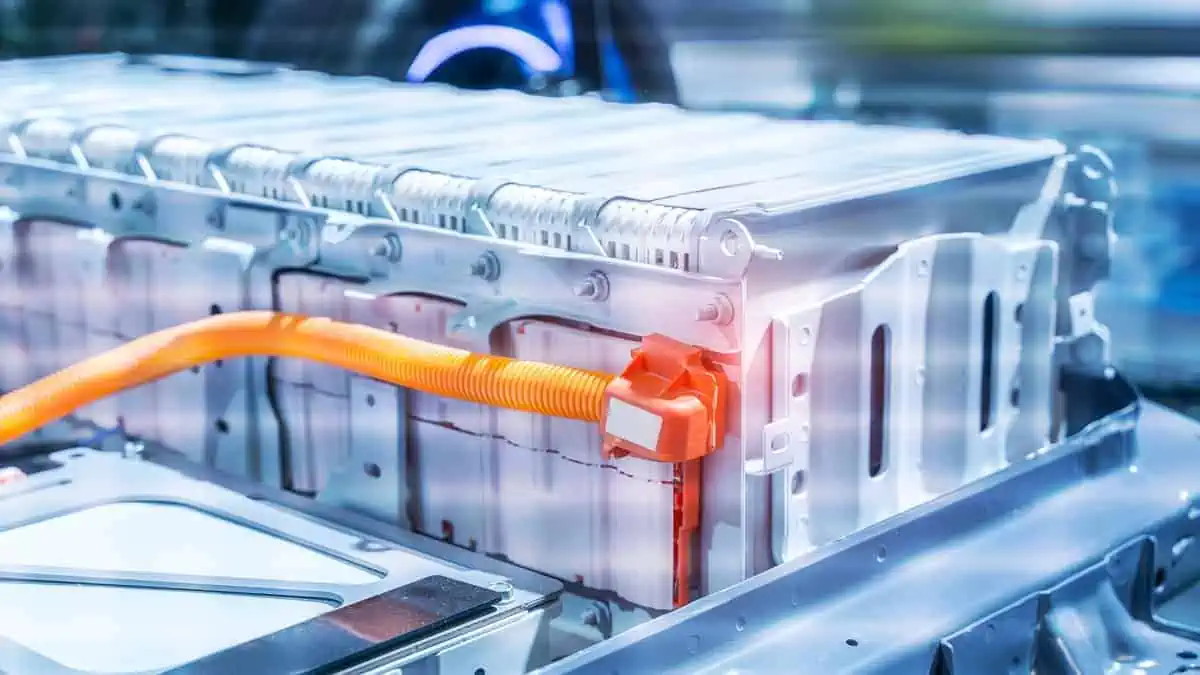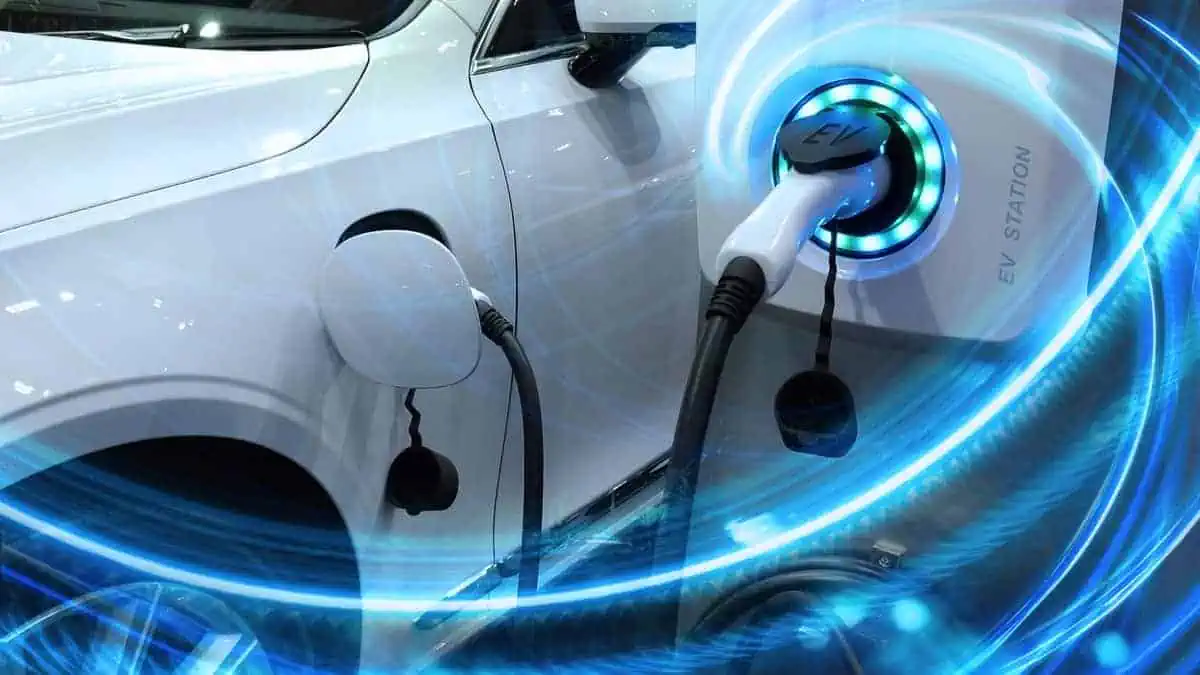Swedish automaker Volvo has just formed a new partnership with Chinese battery giant CATL on battery recycling and critical material reuse, CnEVPost reported.
This new partnership is crucial for the companies’ goal of cutting electric vehicles’ carbon footprint and accelerating the shift to sustainable mobility. It came after a long-term agreement the two companies signed in 2019 for li-ion battery supply for Volvo and Polestar EVs.
Volvo and CATL’s new partnership
Volvo and CATL formally inked a memorandum of strategic cooperation on Tuesday to co-recycle electric vehicle batteries.
For context, EV batteries use a wide range of non-renewable metal components. Mining and processing these metals generate significant carbon emissions, which reduce the sustainability of electric vehicles.
The two major industry players aim to lessen the CO2 emissions in electric vehicles’ entire life cycle by recycling and reusing old batteries.
The partnership will leverage the old batteries from Volvo’s electric vehicles and those discarded during factory production. Then, its certified suppliers will disassemble these batteries to collect over 90% of the key minerals like nickel, cobalt, lithium, etc.
CATL will then utilize these recycled battery minerals to make new batteries for the Swedish company’s new electric vehicle models.
According to the battery giant’s marketing system co-president Tan Libin, Volvo & CATL’s agreement marks a significant advancement in establishing battery recycling, the closed-loop business model in China.
Volvo’s electrification push
Volvo is one of the first legacy automakers to join the electric vehicle drive. In a significant advancement, the Swedish company produced its final diesel-powered model in March. Now, it seeks to focus on developing and launching new electric vehicle models.
Volvo Chief Executive Jim Rowan asserted that 2023 was a “key milestone” for the brand. Its battery-electric vehicle sales exceeded 113,000 units last year, representing a 70% year-on-year growth.
In the same year, EVs hit a 16% share in the brand’s overall vehicle sales. These considered, Volvo expects this year to deliver a “tremendous growth.” CEO Rowan believes the new model launches, including the low-cost EX30, will propel Volvo’s sales growth in 2024.
Starting at $34,950 in the US and €36,590 in Europe, it has already boosted the brand’s electric vehicle sales this year. In March, Volvo sold a total of 18,021 EVs. It indicates a notable increase from just 12,621 units in the same period last year.
Volvo aims for 30% recycled material use in its portfolio by 2030
The new partnership with CATL can help Volvo achieve its target of using an average of 30% recycled materials across its entire electric vehicle portfolio by the end of the decade. It will rise to at least 35% in the years succeeding 2030.
In addition, Volvo also aims to hit carbon neutrality by 2040. In order to achieve this 2040 target, it strives to have its electric vehicles account for 50% of its total vehicle sales by the end of 2025. That rate will increase to 100% by 2030.
Volvo and CATL’s partnership in battery recycling demonstrates their commitment to lower electric vehicles’ carbon footprint throughout their life cycle.






